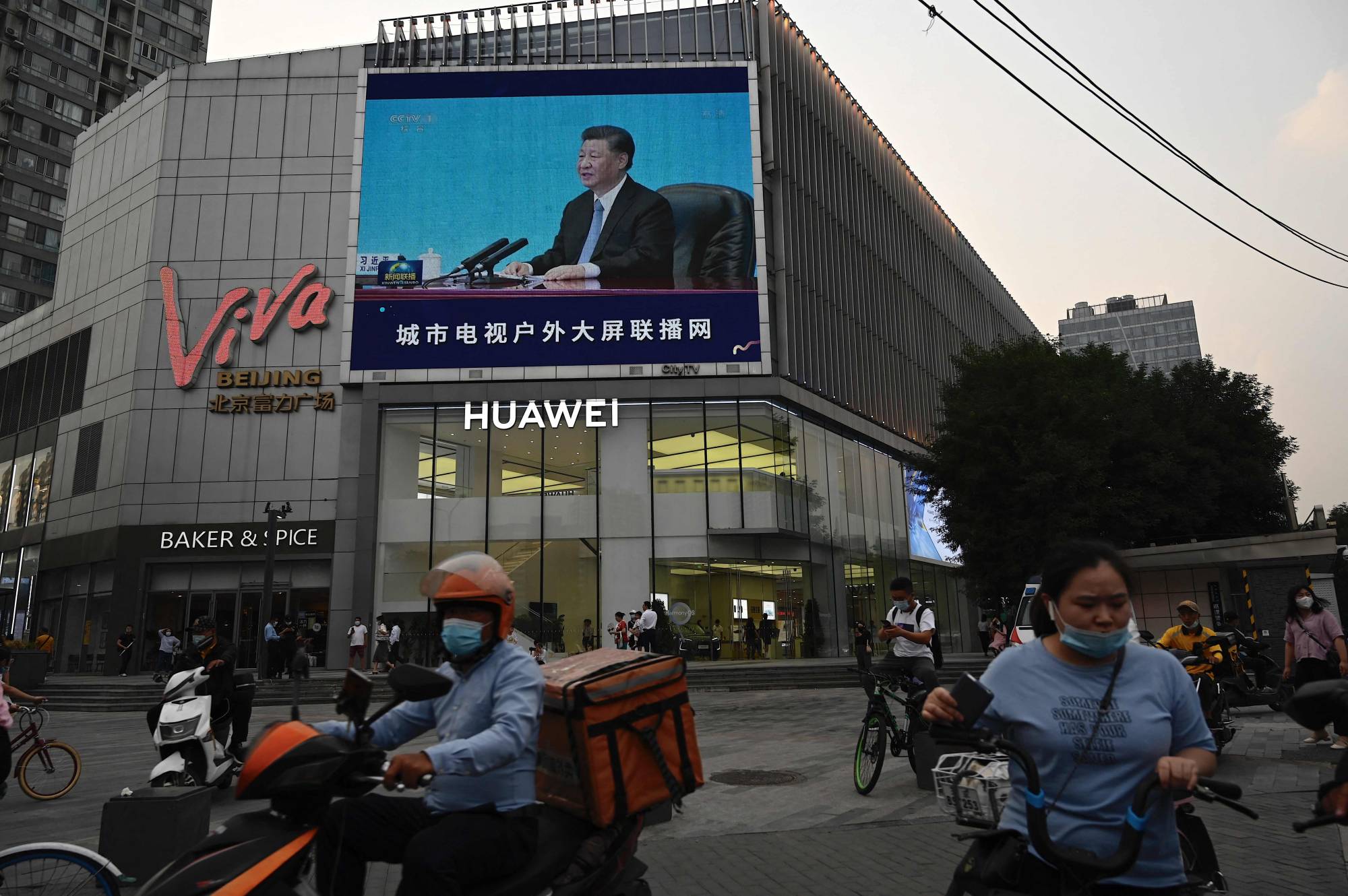Shortly after Beijing’s shock cybersecurity probe into Didi Global Inc., Chinese social media users furiously passed around a 2015 story on the Uber-like app that showed what might be spooking President Xi Jinping.
Screenshots circulated of a breezy state media report on a Didi study that revealed how bureaucrats used the company’s services on two sweltering July days in Beijing. Using playful charts, it showed that traffic at the Ministry of Public Security was among the busiest, while China’s anti-corruption agency was relatively quiet.
At the time, it looked like an innocuous peek at the potential of big data to make the government more efficient. Yet six years later it clearly shows the risk that an outside party — and perhaps foreign spies — could glean valuable intelligence from Didi about some of the country’s most important officials.


















With your current subscription plan you can comment on stories. However, before writing your first comment, please create a display name in the Profile section of your subscriber account page.